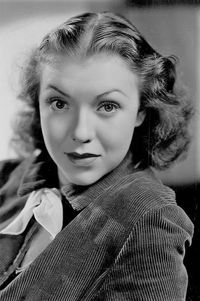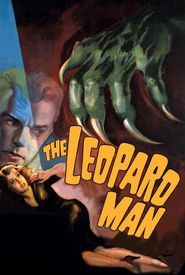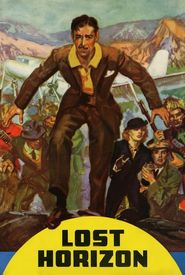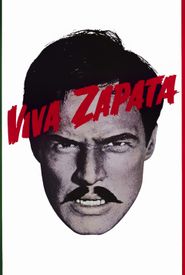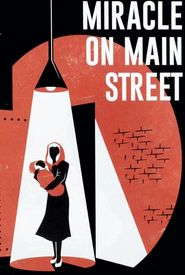Maria Margarita Guadalupe Teresa Estella Castilla Bolado y O'Donnell, a Mexican surgeon's daughter, was born in Mexico City, a city that would later serve as the backdrop for her early years in the entertainment industry. As the niece of renowned bandleader Xavier Cugat, she began performing with his orchestra at the tender age of nine, showcasing her skills as a specialty dancer in nightclubs. This early start would eventually lead to her performing on the prestigious Starlight Roof of the Waldorf Astoria hotel in New York.
When Maria reached the age of fifteen, she was plucked from obscurity by writers Ben Hecht and Charles MacArthur, who were so impressed with her dancing that they cast her in the drama Crime Without Passion (1934),starring Claude Rains. Her performance as Rains' ex-lover, who ultimately meets a tragic end, was met with critical acclaim, with critic Mordaunt Hall describing her portrayal as "excellent."
However, it was her iconic role as Miriamne Esdras in both the stage and screen adaptations of Maxwell Anderson's play Winterset (1936) that cemented her status as a rising star. Her poignant performance as a young girl leaving the mystical realm of Shangri-La in Lost Horizon (1937) further solidified her reputation as a talented actress.
In addition to her on-screen work, Maria also had a successful career on Broadway, appearing in productions such as 'Masque of Kings' (1937) and 'The World We Make' (1939). Her small screen credits include a role in The Leopard Man (1943).
Maria's personal life was marked by a 39-year marriage to actor Eddie Albert, during which time they resided in Pacific Palisades, California. In her later years, she transitioned to the public sector, serving as Commissioner for Social Services in Los Angeles from 1974.
